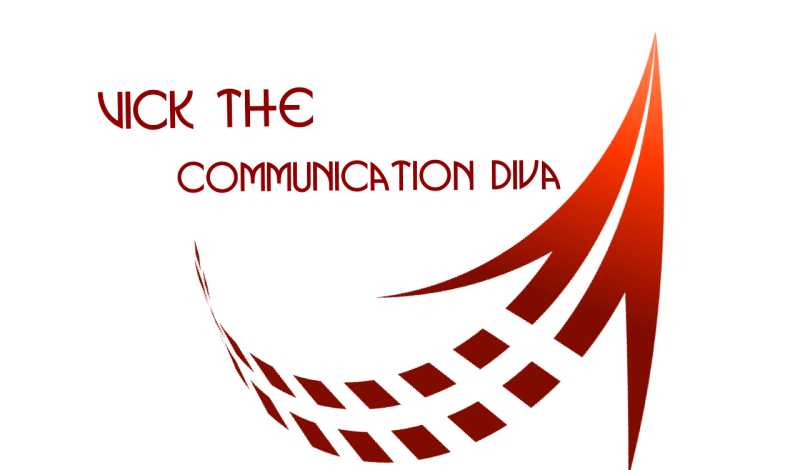The primary reason that you should use mediation is because your will have a voice!!
Have you ever been in a conflict and all there is shouting? No one hears you. You know why? Simply, because all parties want to be heard! How can all parties be heard if everyone is shouting?
You need someone who is neutral to the situation. Someone who can set ground rules, facilitate dialogue and control the room.
You need someone who will allow you to have a platform for your story. That someone should be a trained certified mediator. Now, although mediators in the Commonwealth of Virginia do not have to be certified. I would suggest that you obtain a certified mediator as that would at least ensure that person has received training and has maintained that training to obtain the certification that is under the auspice of the Virginia Supreme Court.
Mediation is used in many situations. A very popular one is to use mediation to assist parties in resolving their custody, visitation and child support concerns .
The Commonwealth of Virginia currently has a program in place, that provides free mediation services to parties who petition the court for custody, visitation and child support. The parties will be notified by Certified Mediator and an appointment will be set.
The Certified mediator will assess the situation to determine the appropriateness of mediation and if they deem it appropriate, the mediator will go through the rights and responsibilities of the mediator and the parties.
This is the time for the Non-Custodial and Custodial parents to draft an agreement that suits their unique family situation.
Why should you chose mediation?
Mediation, generally, has a high success rate in achieving a mutually agreeable settlement
between the parties and avoiding the burdens of a trial.
The parties themselves choose and agree on the resolution.
Mediation may be faster than waiting months or years for trial preparation, trial, and
appeals.
appeals.
Mediation is often less expensive than preparing for and going to court.
Negotiation is facilitated by a neutral who has training and experience in helping people
to resolve their disputes by mutual agreement.
The parties control the outcome and often have a “win-win” result as opposed to having
the issues in dispute resolved by a judge or jury. Parties understand their dispute better
than anyone and can address details that a
than anyone and can address details that a
Once the parties haveAgreement reached an agreement, the mediator or the parties’ attorneys may record the
terms of agreement. If the
mediator drafts the
mediator drafts the
agreement, the parties will be
encouraged to have an
attorney review the agreement prior to signing it.
A signed agreement may be enforceable as a
contract. If a case is pending in court, the judge
may resolve the case by entering a court order
consistent with the agreement.
How Can I Prepare for Mediation?
Successful mediation depends on the parties'
willingness to negotiate in good faith and work
out a solution. Before beginning the mediation
process, it is good to know what your interests
are and to think about possible mutually
satisfactory solutions. Both before and during
the mediation, it is good to get legal advice and
other professional advice regarding the law, your
rights and obligations, the likely litigated
outcome of your dispute, and the cost of
achieving that outcome in terms of time and
money.
What Kinds of Disputes Can Be
Mediated?
Almost any kind of dispute can be mediated.
Some types include: family issues like child
custody, visitation, support, and property
settlement; community disputes like
neighborhood, environmental, landlord-tenant,
or land use complaints; insurance related cases;
construction disputes; personal injury;
commercial disputes ranging from small
business partnership problems to multi-party
corporate disputes; workplace related disputes
and special education disputes.
court might not.
Mediation preserves relationships by
improving communication between the parties.
Produces lasting agreements as the parties
are directly involved in creating them.

No comments:
Post a Comment